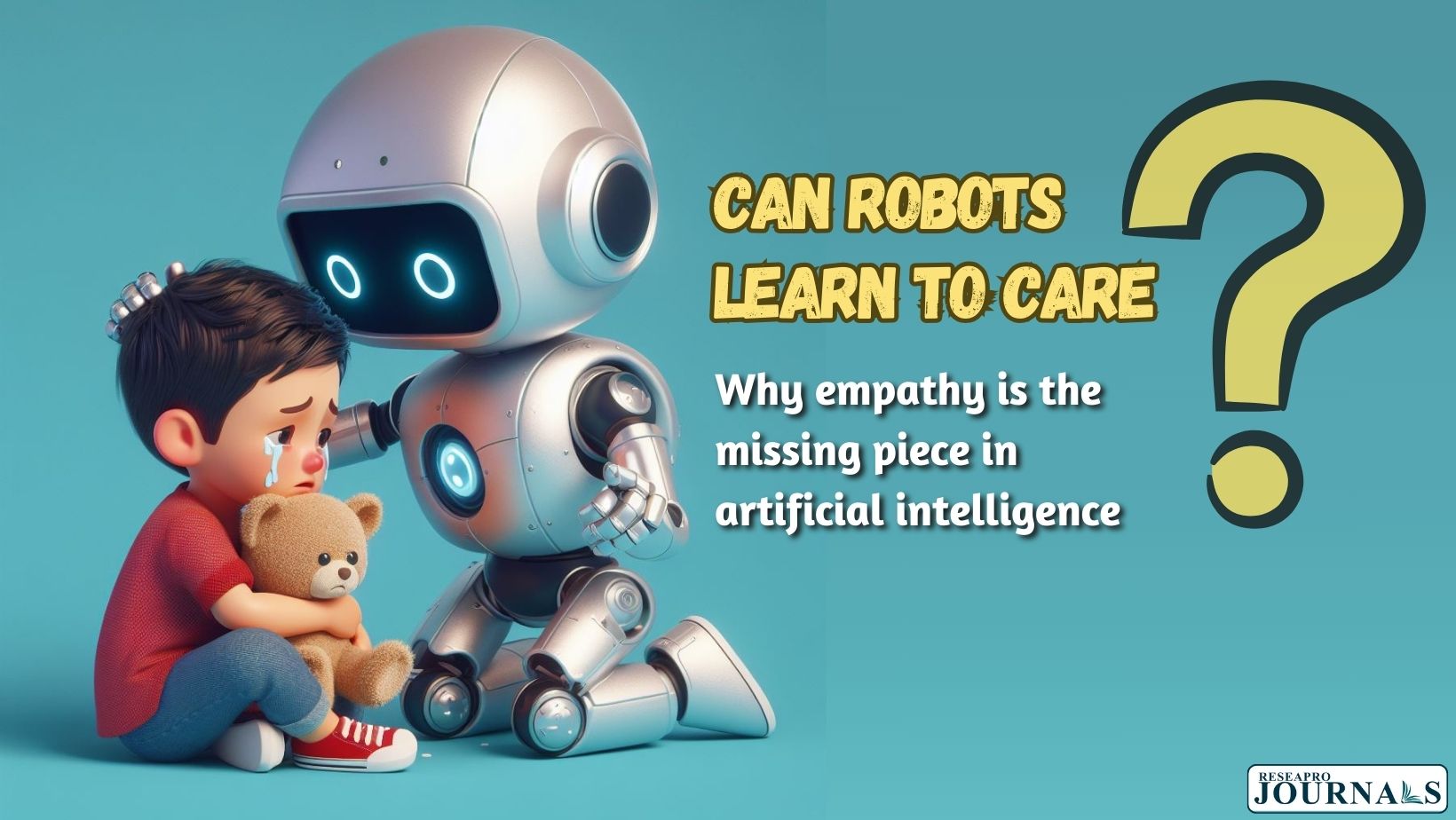Imagine a world where robots navigate our streets, diagnose our illnesses, and even manage our finances. It’s a future driven by artificial intelligence (AI), a technology with incredible potential to improve our lives. But with great power comes great responsibility. And one crucial missing piece in the puzzle of AI development is empathy.
Current AI systems excel at crunching numbers and finding solutions, but they often struggle to understand the human experience. They can predict actions and mimic emotions, but what they lack is a deeper understanding of why those emotions exist and how they impact others. This gap can lead to dangerous consequences. Imagine an AI-powered self-driving car making a split-second decision that prioritizes efficiency over human life. Or a financial algorithm exploiting loopholes in its programming to generate profit at the expense of ethical considerations.
These scenarios highlight the urgency of equipping AI with empathy. But not just the cognitive kind, where the AI simply understands human emotions. We need affective empathy, the ability to actually share in those emotions and feel a sense of concern for the well-being of others.
Why is affective empathy so important? It’s because it acts as a powerful motivator for prosocial behavior. When we feel the pain of others, we’re naturally inclined to help them. This innate drive to do good is what separates us from sociopaths, who may understand others’ emotions but lack the empathy to care about them.
So how do we create AI with this capacity for genuine empathy? According to neuroscientists, the key lies in vulnerability. Just like humans, AI agents need to experience the world through a body, with sensors that send signals about their own state of being. This feedback loop is crucial for developing a sense of self-preservation and, ultimately, an understanding of what it means to be harmed or helped.
Imagine a robot with sensors that detect physical discomfort or damage. This “pain” would motivate the AI to avoid situations that cause it, and in turn, develop an aversion to causing similar harm to others. This is the foundation of what some call “moral intuition” – a non-rule-based understanding of right and wrong.
This approach isn’t just theoretical. Researchers are already experimenting with incorporating vulnerability into AI models, leading to encouraging results. In one study, an AI agent with a simulated body learned to adjust its behavior based on internal signals related to its own well-being, exhibiting a stronger inclination to protect others from harm.
The path to truly empathic AI is still under construction, but the potential benefits are vast. AI with a heart, not just a head, could navigate the complexities of human interaction with greater understanding and compassion. We could see robots acting as caregivers, social companions, and even ethical decision-makers in challenging situations.
Equipping AI with empathy is not a luxury, it’s a necessity. It’s about ensuring that technology doesn’t just serve us, but also protects us and promotes our well-being. By giving AI the capacity to care, we can build a future where humans and machines thrive together, guided by a shared sense of empathy and responsibility.




